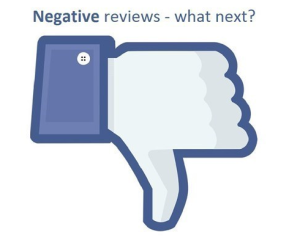Whether your company is adhering to a traditional model or has abandoned formal reviews altogether, self-evaluation is an invaluable skill that everyone should master. With the right approach, it can be an extremely rewarding exercise no matter what organisation you work for.
Bearing that in mind, let’s take a look at some tips to ace your self-assessment:
· Highlight Your Accomplishments
A good self-assessment should point to specific tasks and projects that call attention to your best work. Describe the milestones that you have achieved and the impact that they have had on your career and professional development as well as emphasise the value that you have brought to your company at large.
Similarly, if you participated as a team with your coworkers to complete a project, make sure you highlight that in your evaluation.
· Be Brutally Honest
When conducting self-assessment, one shouldn’t just be highlighting triumphs. Critically analysing the times you came up short is equally important. Most often when you envision all of the dream scenarios of being the person you want to be, you consider yourself as irreproachable.
In real life, however, you do have weaknesses that go with your strengths. You are organised but not a team-player. You are creative but lack the confidence for marketing. In short, good leadership is all about honest self-analysis.
List down your shortcomings but do so in a way that highlights how you plan to improve upon them. It’s also important not to adopt a self-deprecating attitude. A senior fellow and director of career development programs at Harvard Business School, Timothy Butler suggests that we put the best possible spin on problem areas by using developmental language.
· Zero In On Your Growth Mindset
A critical aspect of a self-assessment is to demonstrate your willingness to grow and improve as a leader or as an employee. Most of us tend to become utterly transfixed on our perceived failures or become too attached to our triumphs, but the true essence of self-evaluation is to never stagnate and remain committed to improving and educating yourself.
It may be a good idea to discuss your goals for meeting your work requirements or your future career and professional development plans. Adopting a growth mindset will not only help you surmount obstacles with confidence but also show your employer how much you want to grow with the company.
· Hold Yourself Accountable
It’s not your coworker who doesn’t make themselves available or your manager who often misses deadlines. It’s you. Therefore, I advise you to be self-centered in the most positive definition of the word during your self-assessment.
Use “I” statements to remind yourself you’re not giving someone else’s performance feedback. You may also include the obstacles you have had to encounter during the course, especially if the raters or stakeholders can help remove them. However, this shouldn’t be the focal point of your self-evaluation.
Business & Finance Articles on Business 2 Community
(38)





